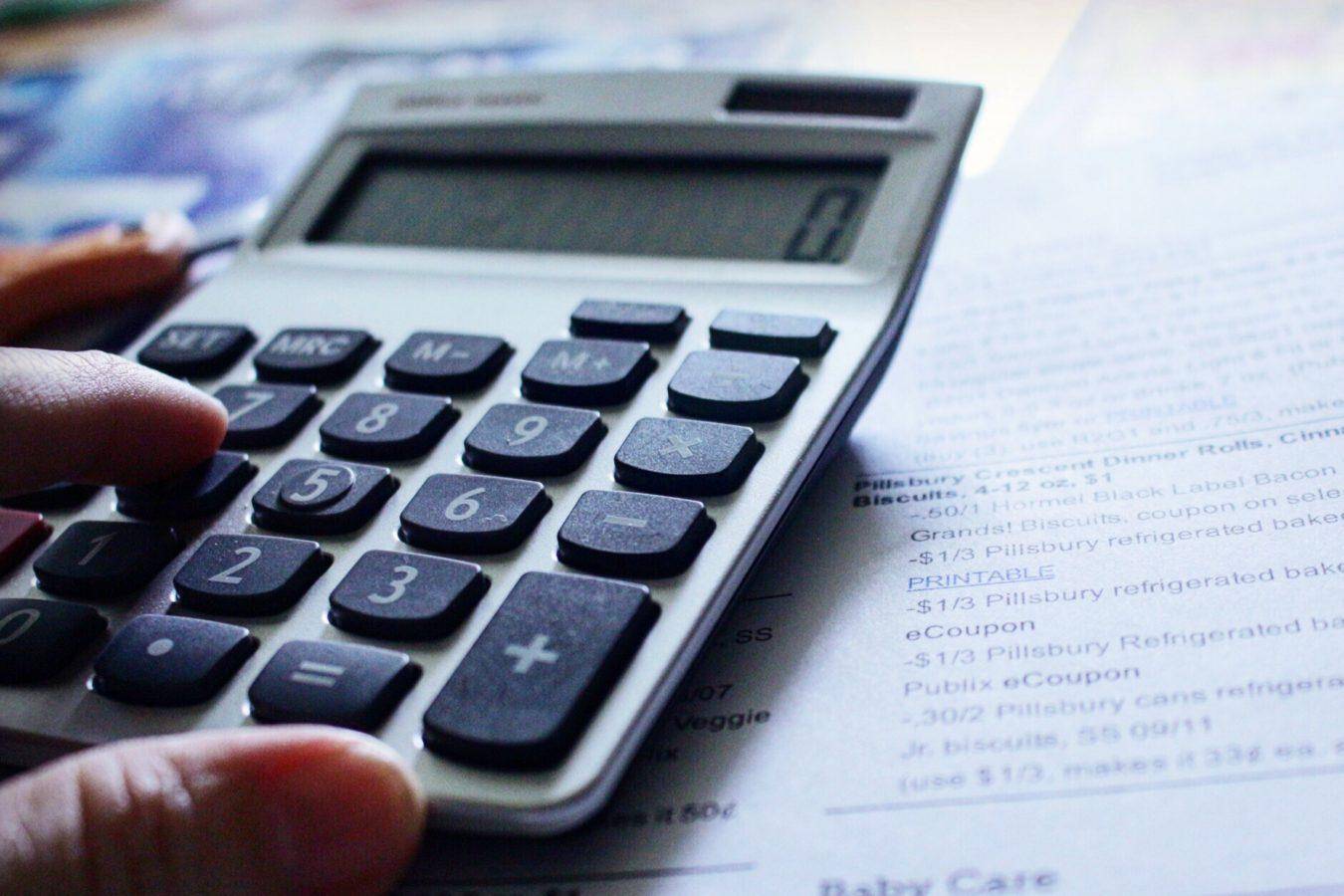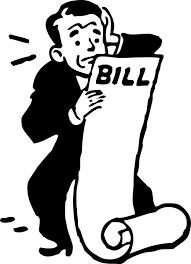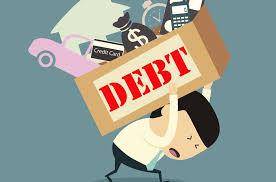
Fair Isaac Corp is the company that originally created the credit score. Now, they are launching a new credit score model causing everyone’s credit score to be affected by 20 points. Find out how to prevent your score from losing 20 points.
What Is The New FICO Score Model?
The new FICO score, your 3 digit credit score, is designed to separate private loan debt into its own category. This new model has the loan business in mind instead of you.
Basically, businesses offering you lines of credit will be able to see in more detail if you are actually paying off your debt or just moving money around to make it easier for you to spend more.
(see “When credit cards hurt your finances” for more details here)
For example: Have you taken out a personal loan (consolidation loan) in order to pay off all of your credit card debt?
If so, did you recharge all of the balances on those credit cards instead of just focusing on paying off the consolidation loan?
This FICO score model is going to show that habit making it more difficult to get new lines of credit. On the other hand, the new FICO score is going to help those without a lot of debt, qualify easier for lines of credit with a better interest rate.
Bottom line, if you have a FICO score of 580 or less this new model will hurt your credit history by as much as 20 points.
Have a question?
Subscribe or email me
at ask@howtobudgetnow.com.
[mc4wp_form id=”77″]
When Will The New FICO Score Model Take Effect?
There is no exact date of when the new FICO score model will go into effect. Right now, the general expectation is around mid to late 2020 (this summer).
This is good news, for those of you with a not so favorable credit score.
You still have time to make a few changes with your credit habits starting now. Making these changes will prevent your score from dropping by too much as well as start some better habits to improve your credit score in the long run.
Another piece of good news is not all lenders will be using this new scoring model.
Businesses offering lines of credit can choose which FICO model they want to use to measure your credit score.
Did you know there are 10 different versions?
An example: Mortgage companies, as of right now, don’t plan on using the new model. If you plan on or are in the middle of buying a home this year your credit score is safe.
How Do I Improve/Protect My Credit Score?
It’s not too late! There are steps you can take to protect or improve your credit score starting today.
The new model is designed to reward accounts with good credit standing.
Review your debt and check to see if any of your accounts are past due. If they are, see if you can find a way to get them up to date.
Try getting overtime at work or ways to cut back on your utilities (My free ebook has some great ideas for you if you subscribe!)
Also start:
- Paying all of your bills on time every month.
- Pay more than the minimum balance on your credit cards if you can.
- Keep your carrying balances low.
A good rule of thumb is to always make sure you have 30% of all of your credit balances available on your credit cards
(see “when credit cards help your finances for more detail here).
If you have several credit cards you want to make sure this is true of the combined balance. You don’t have to be 30% lower on all of your individual credit cards.
Also consider reading “The Ultimate Guide To Budgeting” here if you are using credit cards to keep up with monthly bills.
Looking to save more money?
Subscribe to instantly get my ebook
“How To Save More Money On Your Utilities”
[mc4wp_form id=”77″]
Should I Avoid Debt Consolidation and Balance Transfers Now?
The new FICO model is not designed to prevent you from accepting balance transfer offers or debt consolidation loans that could help you pay off your debt.
The key is to actually pay off the debt.
If you accept one of these cash movements do not let the debt default or sit until it starts collecting interest. As long as you actively pay down the debt it will help to improve your FICO score.
Here are the basic rules for this debt:
- Stop moving your debt around and actively pay it.
- Consider interest your first penalty in borrowing your money before you have earned it.
- Make on time payments (sound familiar?)
- Don’t charge any more purchases to the credit card you transfer the balance from.
Concluding Thoughts
If you get nothing out of this blog post at least walk away with this, it is not too late to start improving your credit score.
This new FICO model can actually help improve your score up to 20 points as long as you make payments on time, stop shuffling your debt around, keep your overall charged balance 30% below the max limit, and try to pay more than the minimum balance.
FYI, more than the minimum balance only needs to be $10. I pay $50 more than the minimum on the credit card I’m actually paying off and only $10 more on my other credit card. My credit score is a 720.
***
Do you have a question you would like an answer to but can’t seem to get a straight answer?
I would be happy to help. The blog you read today was created to answer another reader’s question. I created this blog in order to use my 8 years of accounting experience/knowledge to help you understand your finance questions.
You can either subscribe below then click reply to the welcome email to ask your question or email me at ask@howtobudgetnow.com.
If you subscribe you will not only receive my newest blog by email every Wednesday but you will also get a free copy of my ebook teaching you how to make more money without a raise or a second job.
I can’t wait to hear from you!
Looking to save more money?
Subscribe to instantly get my ebook
“How To Save More Money On Your Utilities”
[mc4wp_form id=”77″]
Subscribe and you'll receive our weekly posts right in your inbox. You'll also be one of the first to be notified when our free budget course opens. Hope to see you there!





